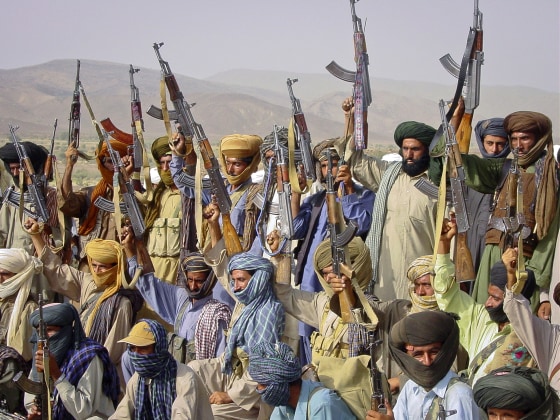By Tirthankar Mitra
Balochistan, the biggest province of Pakistan is on the boil. Ever since August 25, Majeed Brigade, a guerrilla group of Balochistan Liberation Army (BLA) launched attacks at six different spots, it marked the end of the lull before the storm.
Suicide attacks, setting vehicles on fire and shooting passengers especially those from Punjab, travelling to and from Balochistan is a clear pointer that this province is in flames. It is sparsely populated besides being rich in minerals.
The current attacks coincide with the death anniversary of Nawab Akbar Bugti, one of the most influential tribal chieftains. The former governor and chief minister of Balochistan was killed in 2006 in a military operations.
In 1948, Pakistan had coerced the Khan of Kalat to sign the instrument of accession. It set the stage for Baloch uprising in a state having 45 per cent of Pakistan’s land mass and having natural resources like coal, natural gas, gold and copper.
Yet Balochistan is left to fend for itself while its resources are being milked. This has fuelled anger in a region where development and employment opportunities are scarce. The Baloch problem has lingered for decades even as the Pakistan government adopted a short sighted policy to solve the problem. Since the beginning, the Pakistan government has dealt with discredited tribal chiefs and tried to strike deals.
But now the movement has been taken away from the traditional tribal elite. A group of young Balochis are leading the movement. Increasing the presence of security forces in the province, Pakistan has sought from the beginning a military solution to the situation. With the building of Gwadar port, the army has stepped up its activity.
It was part of the thought process of the Pakistan government that building port and infrastructure would have a salutary effect on the insurgents. But it is looked upon by the local populace as the government’s internal colonisation of a mineral-rich province.
Development in rest of Pakistan has left its largest province untouched. An unfeeling attitude of the Pakistan army in Balochistan has made many of its residents feel like inhabitants of a conquered territory even while living in their own country.
The economic backwardness of Balochistan can be laid at the door of step motherly attitude of the Pakistan government. Gas extraction from the region has benefitted other provinces but not Balochistan.
This has raised accusations that the region’s rich mineral resources are being exploited by Pakistan without paying royalty to Balochistan government. A scholarship announced by Syed Yosouf Raza Gilani government in 2009 for talented Baloch students, is being criticised as being too little too late.
The Pakistan government which once considered criminalising those who have filed false disappearance cases in 2021 later back tracked. It reconsidered its decision as criminalization would prevent people from filing cases.
One wonders at the wisdom of the decision of criminalisation. It’s rolling back did not endear the Pakistani decision makers with the Balochs. They are already burdened with historical grievances. The roll back decision appears to have stoked the idea of Baloch independence which has been on their psyche since 1947 partition..
Policy of suppression of the Pakistan Army remains a constant cause of discontent. A policy of suppression has ensured that there are no dearth of volunteers for the BIA. Many activists, including mothers have become suicide bombers. It highlights the fact that the state has failed to reach out to the citizens.
Baloch people live in Pakistan, Afghanistan and Iran. Unrest in Balochistan can affect regional stability especially in Pakistan-Afghanistan region. The recent attacks add to Pakistan’s security concerns. The spiral of the attacks and repression following in their wake will continue unless international pressure makes Pakistan see sense. (IPA Service)




 Gau-Rakshaks On A Killing Rampage In Poll-Bound Haryana
Gau-Rakshaks On A Killing Rampage In Poll-Bound Haryana 